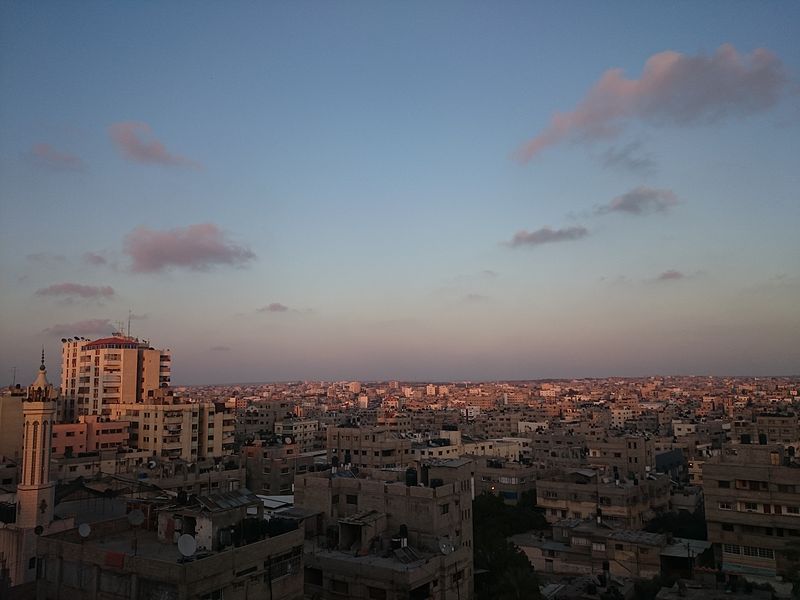
Britain's approval of arms export licences to Israel dropped sharply following the onset of the war with Hamas in Gaza. The value of permits granted for the sale of
military equipment to Israel fell by over 95%, hitting a 13-year low.
The figures, based on information provided by government officials to Reuters and data from the Department for Business and Trade's Export Control unit, reveal a significant decline in approved licences. From October 7 to December 31 last year, the value of British-approved licences fell to £859,381 ($1.09 million), the lowest for that period since 2010. This contrasts sharply with the same period in 2022, when the government approved £20 million in arms sales to Israel, including small arms ammunition and components for combat aircraft. In 2017, the approved amount for the same period was £185 million, including components for tanks and surface-to-air missiles.
This decline comes amid controversy over arms sales to Israel, with some politicians and pro-Palestinian groups arguing for a halt due to the high civilian death toll and destruction in Gaza. The British government maintains that Israel has the right to self-defense and continues to permit sales under strict legal guidelines, though it has declined to publish its legal advice.
The Department for Business and Trade stated that licences are still being granted for certain military items, including components for fixed-wing aircraft and small arms ammunition for training. Reviews of these licences may take longer than usual, but the legal stance on transferring arms to Israel remains unchanged.
Unlike the United States, which provides arms directly to Israel, the UK issues licences for companies to sell weapons, ensuring compliance with international law. Most of the licences approved post-war were for "commercial use" or non-lethal items like body armor, military helmets, and all-wheel drive vehicles with ballistic protection.
The conflict in Gaza began when Hamas fighters attacked Israel on October 7, killing around 1,200 people. Israel's subsequent response has resulted in over 37,400 Palestinian deaths, according to Gaza health authorities.
The UK government has faced criticism from MPs and human rights groups for the lack of transparency regarding arms sales to Israel since the conflict began. Other countries, including Italy, Canada, and the Netherlands, have imposed restrictions on arms exports to Israel due to concerns over their use.
Prime Minister Rishi Sunak has been a strong advocate for Israel's right to respond forcefully against Hamas and has resisted calls to halt arms transfers to Israel. However, he insists that the UK follows a "very careful licensing regime."
The UK government is expected to release information on arms sales to Israel for the first half of this year in the coming months. Historically, the UK has blocked arms sales to Israel, such as in 2009 and 1982, following significant conflicts. Photo by Al Mogheer shurrab, Wikimedia commons.







































